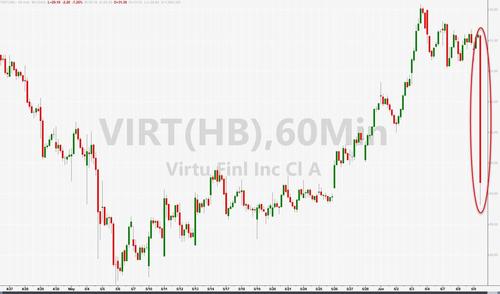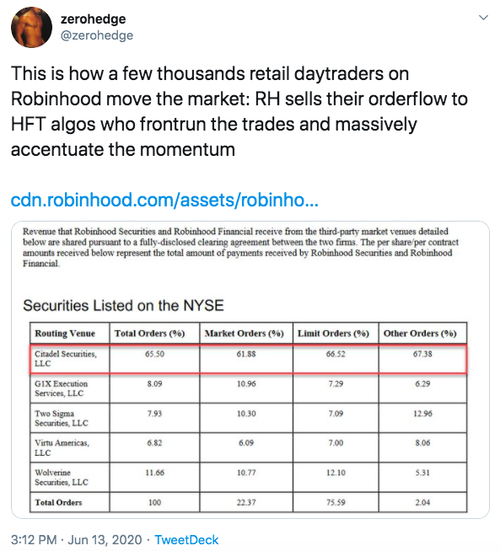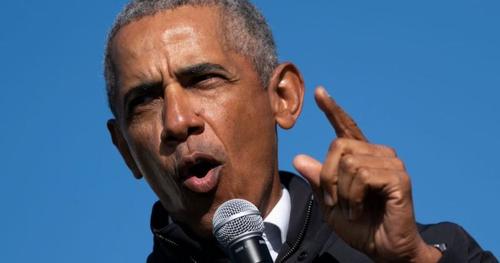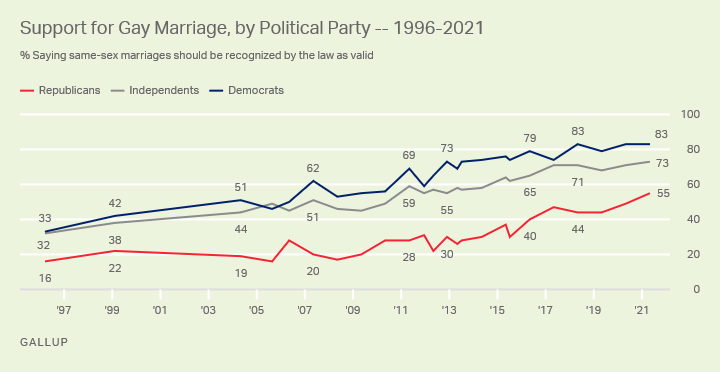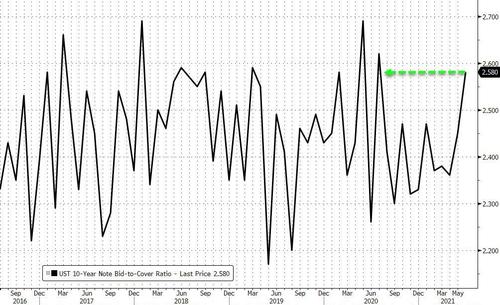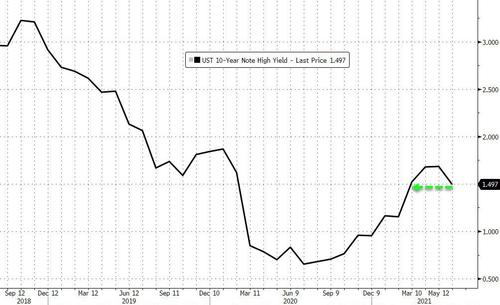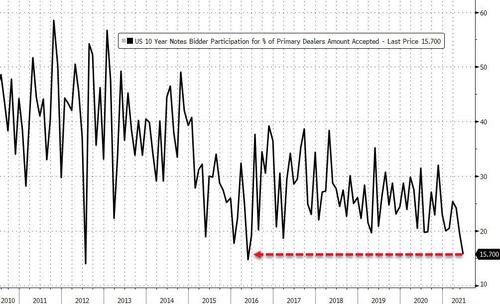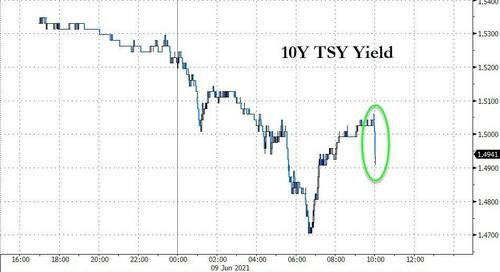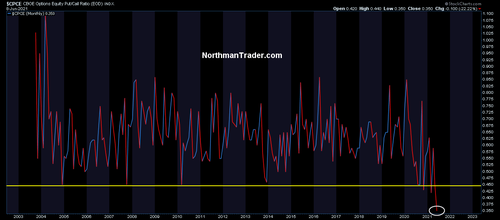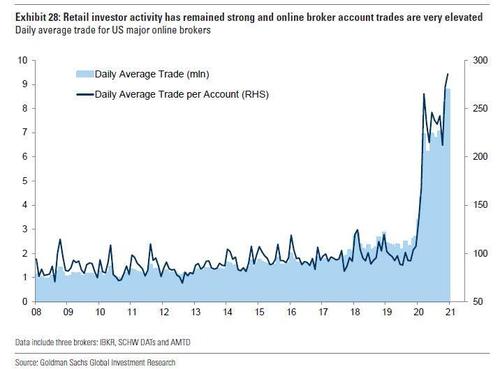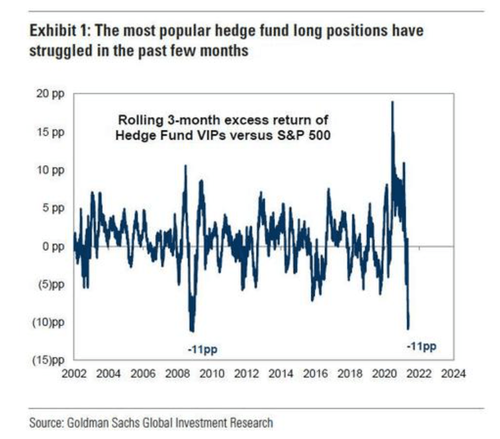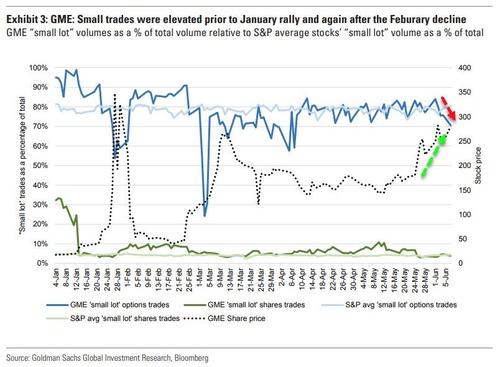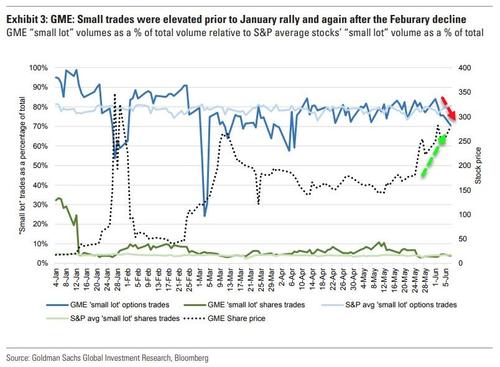When the Group of Seven (G-7) wealthy democracies agreed in principle June 5 to establish a global minimum corporate tax of 15 percent and an “excess profit” surcharge on large corporations with annual margins above 10 percent, you could almost hear the sound of the world’s political elites rubbing their hands together at visions of pillowy new billions.
“Huge sums of money are at stake,” gushed The New York Times. “A report this month from the E.U. Tax Observatory estimated that a 15 percent minimum tax would yield an additional 48 billion euros, or $58 billion, a year. The Biden administration projected in its budget last month that the new global minimum tax system could help bring in $500 billion in tax revenue over a decade to the United States.”
Those numbers, however plausible (or not), are all in the future, contingent on tricky G-20 negotiations, pesky tax competition abroad, and congressional skepticism back home. Surely there’s some other massive pot of free money hiding just out of view?
Yes, claims President Joe Biden’s Treasury Department, in a bluntly titled May 20 document called The American Families Plan Tax Compliance Agenda. A staggering $700 billion in currently undetected taxpayer IOUs is grabbable over the next decade, and $1.6 trillion the decade after, if only we give the IRS an extra $80 billion worth of rope with which to close the “tax gap.”
“Even partly closing that gulf,” noted the Washington Post, “could go a long way toward paying for President Biden’s spending proposals, which include trillions of dollars for infrastructure, child care, manufacturing and other domestic spending priorities.”
If such promises look naggingly familiar, that’s because we were hearing similar vows, and reading equally credulous headlines, the last time a Democratic administration was enjoying its media honeymoon. “Obama cracks down on overseas tax loopholes,” asserted NBC News in May 2009. Echoed NPR, “Obama: Tax Haven Curbs To Generate $210 Billion.”
Back then, there was a common, vaguely sourced claim that, in the words of then–Sen. Carl Levin (D–Mich.), “Offshore tax evasion produces an estimated $100 billion in unpaid taxes each year.” President Barack Obama name-checked the influential Levin while announcing his 2009 plan to end “indefensible tax breaks and loopholes” and “crack down on the abuse of tax havens by individuals,” promising a resulting bounty of “savings we can use to reduce the deficit, cut taxes…and provide meaningful relief for hard-working families.”
So before we assess Biden’s new enforcement proposals, it’s worth asking: What happened to that $210 billion?
The vast majority of Obama’s projected haul, the multinational corporations portion, was scuttled before it got started, after successful pressure on centrist Democrats by Silicon Valley companies and Chamber of Commerce types. What remained, getting passed into law in 2010, was the individual taxpayer component, known as the Foreign Account Tax Compliant Act, or—because Washington is filled with grown-ups—FATCA.
FATCA, which unilaterally foisted upon foreign financial institutions (FFIs) the customer-unfriendly duty to rat out their U.S.-citizen clients to the IRS or face 30 percent account-garnishes, while also imposing proctology-level annual reporting requirements on Americans (I am one of them) who have at least five figures parked overseas, was projected by supporters to bring in a more modest but still measurable $8.7 billion in total new tax collections by 2020, or $870 million per year.
So how’d that work out?
“The actual amount of tax collected by FATCA is statistically insignificant,” concluded Texas A&M University School of Law’s William Byrnes and Robert Munro in an extensive March 2017 paper. “FATCA has probably generated $300 million extra tax revenue a year that otherwise would go unreported…[though] this figure will continue to decrease.”
An Inspector General report from July 2018 was titled, “Despite Spending Nearly $380 Million, the Internal Revenue Service Is Still Not Prepared to Enforce Compliance With the Foreign Account Tax Compliance Act.” An April 2019 Government Accountability Office (GAO) assessment found that, “Data quality and management issues have limited the effectiveness” of FATCA, and that “overlapping requirements increase the compliance burden on U.S. persons,” leading to expatriates increasingly being denied financial services and seeking to revoke their citizenship.
Yet this is the template that Biden, despite his late-campaign promise to the estimated nine million Americans living outside the country to “work in partnership with you on all the issues that impact your lives and well-being as Americans resident abroad, including reviewing the barriers to accessing banking and financial services,” is seeking not just to maintain but expand into the lives and ledgers of every U.S. citizen.
Biden’s American Families Plan Tax Compliance Agenda seeks to build on the model of FATCA’s intrusive third-party reporting requirements, constructing a “comprehensive financial account reporting regime” that would force a wider grouping of financial institutions and platforms (PayPal, settlement companies, “crypto asset exchanges,” etc.) to “report gross inflows and outflows on all business and personal accounts…including bank, loan, and investment accounts.”
But there’s no need to worry if you’ve got nothing to hide.
“For already compliant taxpayers, the only effect of this regime is to provide easy access to summary information on financial accounts and to decrease the likelihood of costly ‘no fault’ examinations once the IRS is able to better target its enforcement efforts,” Treasury reassures us. “For noncompliant taxpayers, this regime would encourage voluntary compliance as evaders realize that the risk of evasion being detected has risen noticeably.”
For successive Democratic administrations (Donald Trump was rhetorically against FATCA, though neither he nor the GOP-led Congress did much of anything about it), increased financial surveillance is critical to ratcheting up “voluntary” tax compliance. Indeed, the bulk of revenue generated from FATCA has come not from the IRS discovering new taxable income, but from spooked expatriates voluntarily paying fines as part of various limited amnesties on filing post-dated IRS reports, many of which contain zero new tax liability in and of themselves. Turns out when you threaten law-abiding middle-class U.S. citizens with massive fines and even prison time while conscripting their banks into tax collectors, they will hastily throw smaller amounts of money at making Leviathan go away.
That is if they don’t turn in their passports. As was repeatedly predicted in this space in 2011, 2012, and beyond, the burdens placed on non–fat cat expatriates are so life-rattlingly onerous that record numbers continue to de-Americanize themselves. This could change, if the United States joined literally every other country on earth besides Eritrea in taxing people based on residence and not citizenship, but it has long since become clear that Washington enjoys the ability not just to bully its own diaspora around, but to impose financial reporting rules on the rest of the world while brazenly refusing to reciprocate when it comes to the international tax havens of Florida, Delaware, and the U.S. Virgin Islands.
Now that Biden is turning his attention inward to the financial nethers of non-expatriate Americans, it’s worth pondering the possible consequences on those of us not rich enough to afford the finest in creative, penalty-free tax compliance. For that, check out this June 2 letter to Treasury Secretary Janet Yellen from some canaries in the bank-surveillance coal mine, the group Democrats Abroad.
“We are deeply concerned that the need for additional investment in FATCA compliance frameworks will motivate even more [FFIs] to close the accounts of, or deny new accounts to, of customers deemed U.S. Persons,” Democrats Abroad International Chair Candice Kerestan wrote. “[Since FATCA], the number of Americans locked out of banking services in the country where they live has grown from one in approximately fourteen to one in three.” More:
Ordinary law-abiding Americans living abroad – the unintended objects of FATCA – have suffered an extraordinary amount of personal and financial disruption, anxiety, and distress, and yet, after ten years, the IRS has not been able to use FATCA reports to identify and apprehend genuine lawbreakers….There have been at least three Congressional hearings this year discussing the need to capture the tax that is lost due to “offshoring,” and at no time have lawmakers noted the predicament of Americans abroad caught in the unintended adverse consequences of well-intentioned tax-enforcement measures.
At some point, the reality of Washington governance, and the coverage thereof, requires a reassessment of the idea that invasive new financial-snooping schemes sold with facially unattainable revenue promises are in fact “well-intentioned.” The Biden administration, like the Obama administration under which he served, wants to scare Americans into “voluntary” compliance and penalty payments using a massive surveillance apparatus that turns all third-party financial players into narcs. To adapt a popular phrase about the previous administration, the obedience is the point.

from Latest – Reason.com https://ift.tt/2Sp0N2P
via IFTTT
